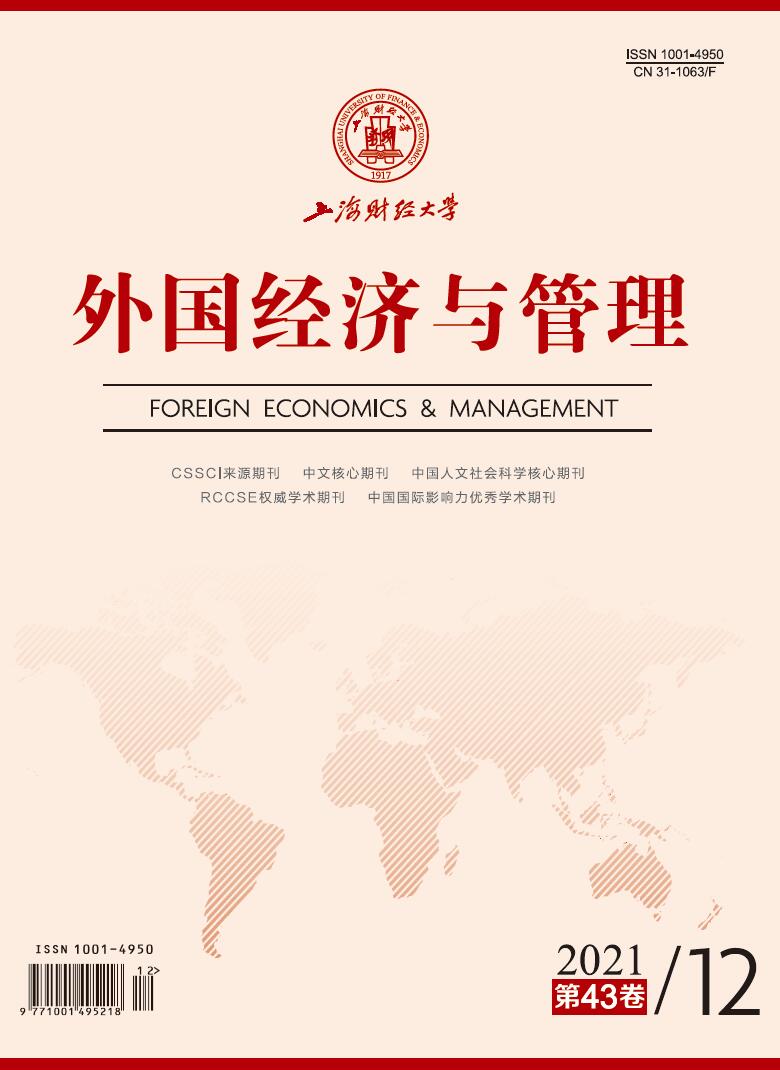Global value chain is one of the most critical chains in the global economic cycle. Due to the shortage of internal resources such as capital and human resources and the impact of external environment such as anti-globalization and uncertain economic policies, the development of Chinese start-ups in the global value chain has been limited to a certain extent. As a kind of institutional investors, venture capital can provide both capital support and value-added services for enterprises, which can effectively promote the embeddedness of invested enterprises in the global value chain. Based on the data of manufacturing enterprises in China’s capital market, this paper explores the differential impact of heterogeneous venture capital on the global value chain embeddedness of Chinese start-ups.
Based on the resource-based view, the organizational learning theory, and the institutional isomorphism theory, this paper takes all manufacturing listed companies on the SME board and GEM from 2004 to 2015 as the research samples, and finally sorts out a sample containing 3588 observations by matching with the customs database. Through the multiple regression model, PSM, and the Heckman two-stage model, this paper reveals the impact of venture capital with different equity background and different organizational structures on the embedding degree of the global value chain of start-ups.
The results show that foreign venture capital is more conducive to the global value chain embeddedness of invested enterprises than venture capital without foreign background; compared with independent venture capital, corporate venture capital has a stronger role in promoting the embedding degree of the global value chain of enterprises, and the industry correlation between the parent company of corporate venture capital and start-ups has a significant role in promoting the embedding degree of the global value chain of start-ups. Further study finds that the higher the intensity of intellectual property protection in China, the lower the promotion effect of foreign venture capital and corporate venture capital on the global value chain embeddedness of start-ups.
The main contributions are as follows: (1) From the perspective of heterogeneous venture capital, this paper analyzes the influencing factors of the global value chain embeddedness of start-ups, which enriches the theoretical research on the influencing factors of global value chain embeddedness. (2) Based on the data of manufacturing industry in China’s capital market, this paper reveals the different effects of venture capital with different organizational structures on the global value chain embeddedness of start-ups. Furthermore, this paper explores the influence mechanism of corporate venture capital on global value chain embeddedness. (3) Based on previous studies, a series of mechanism tests are further carried out to clarify the influence mechanism of venture capital on the global value chain of enterprises.





 6572
6572  8008
8008

